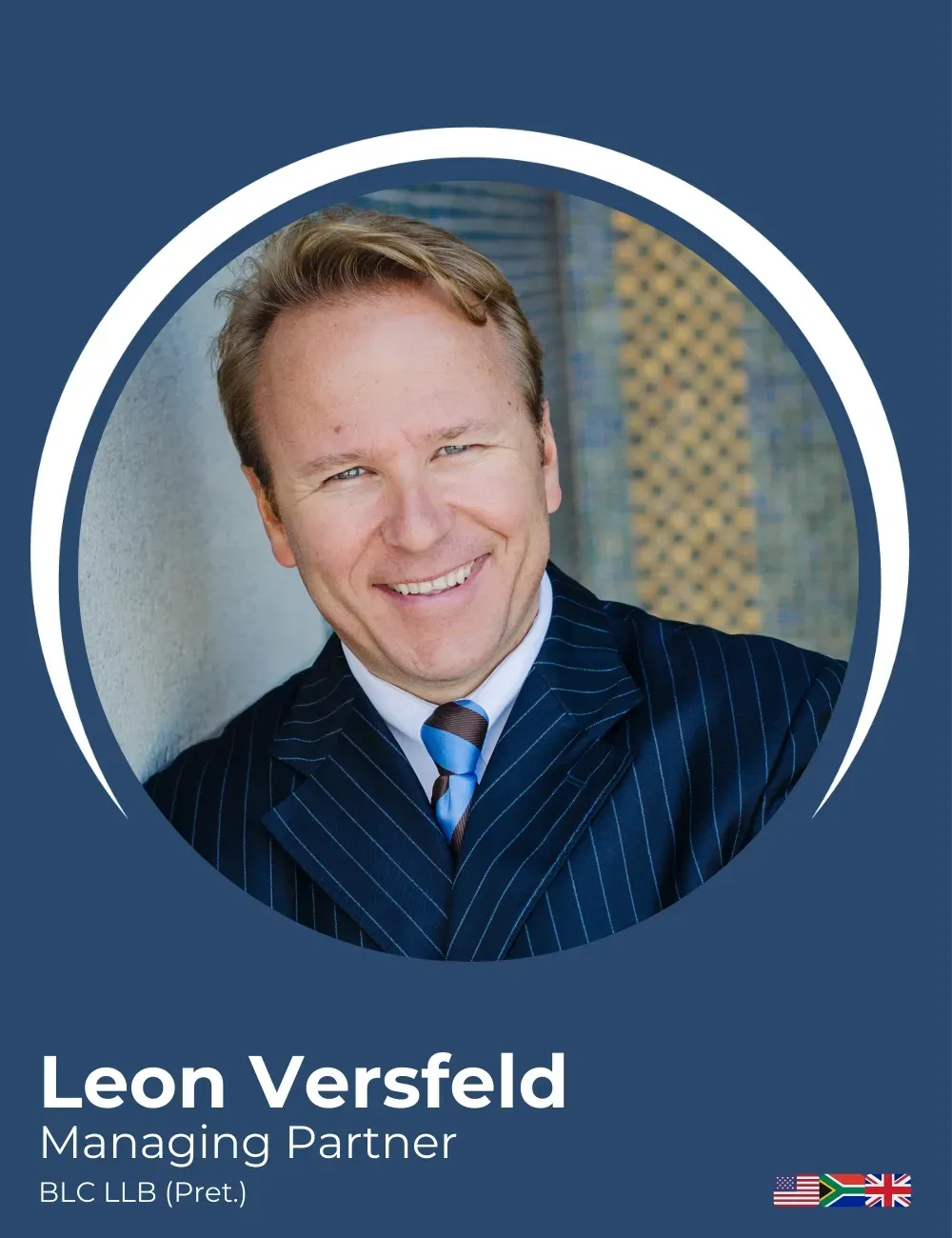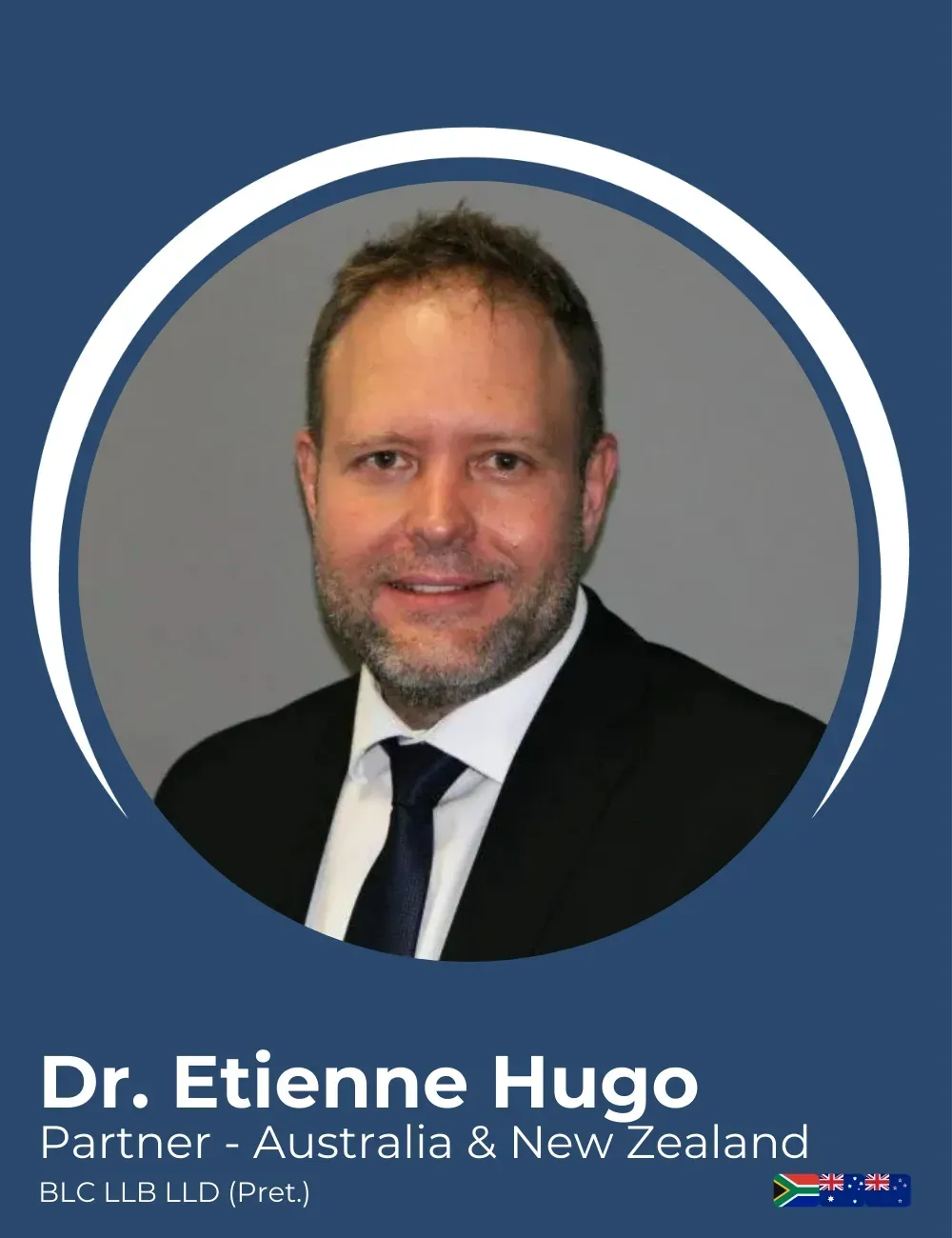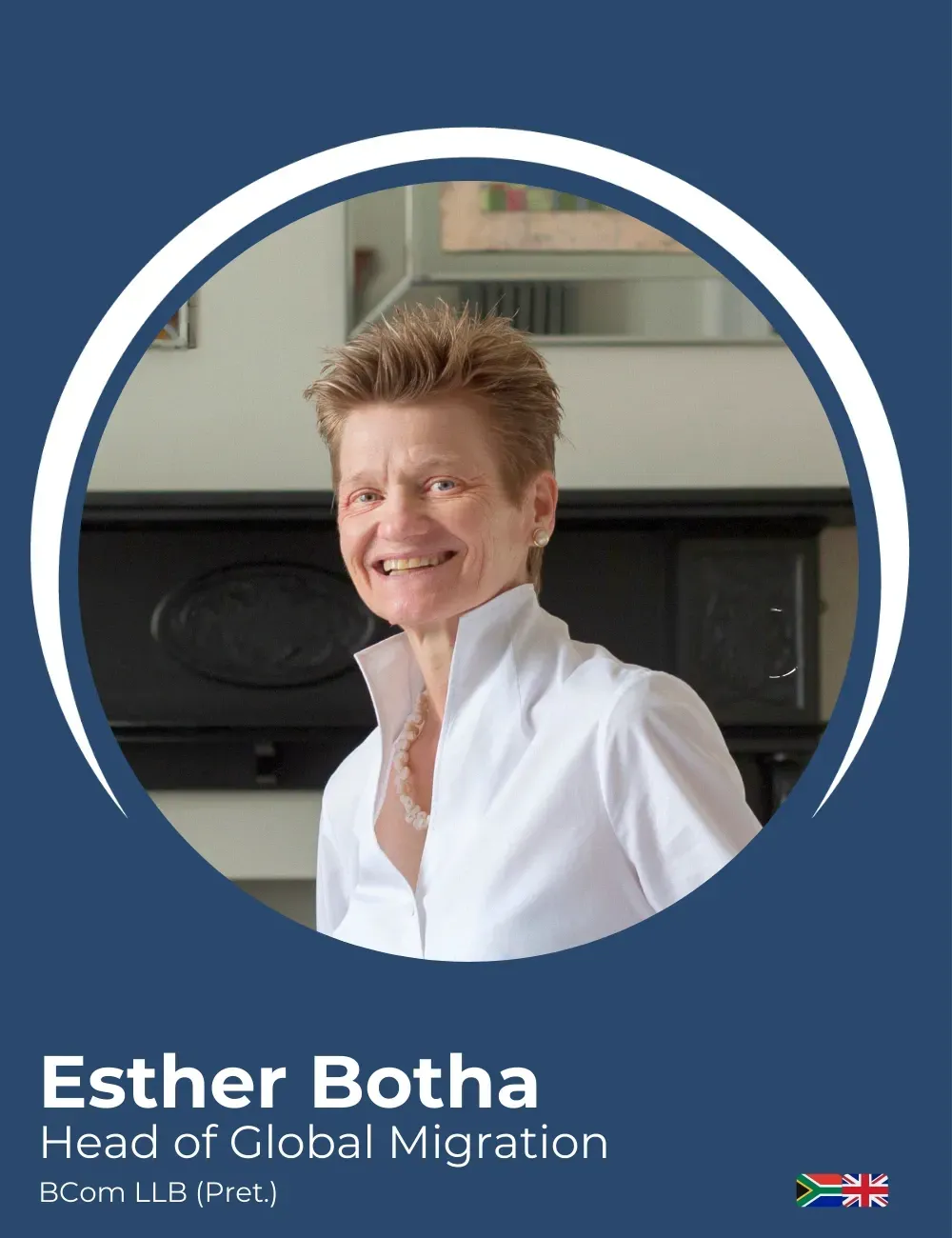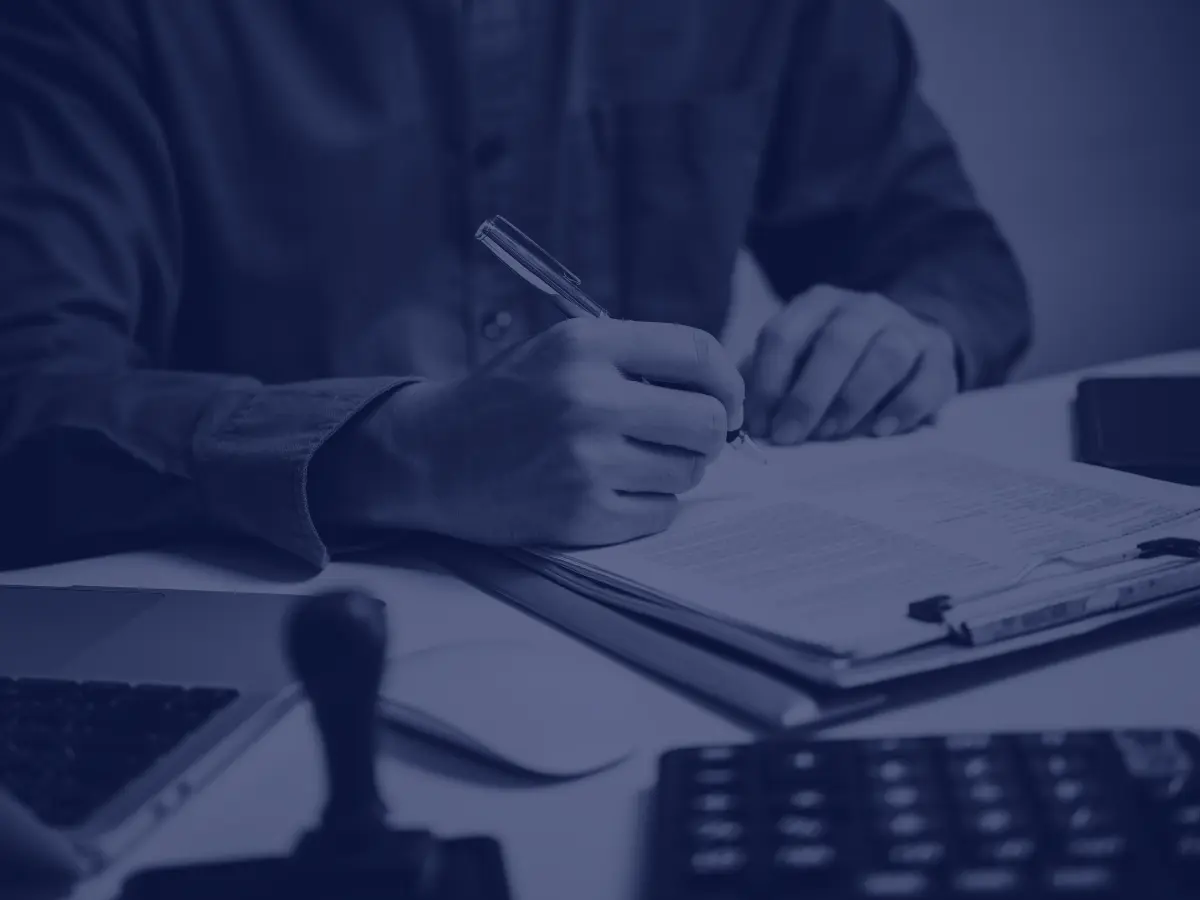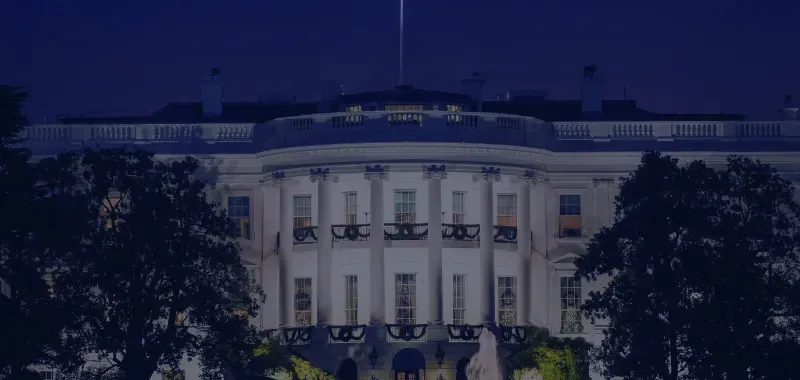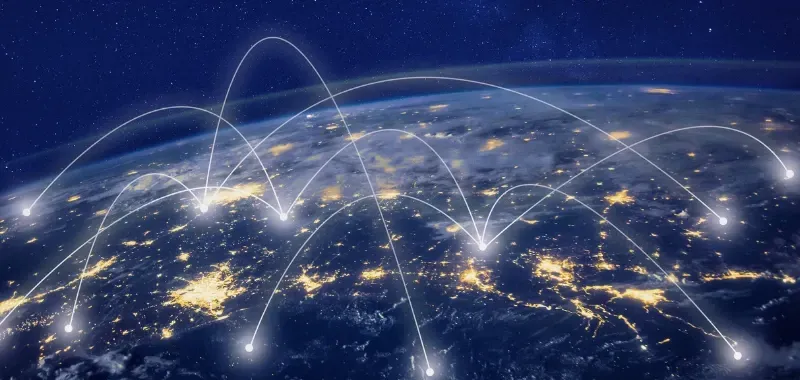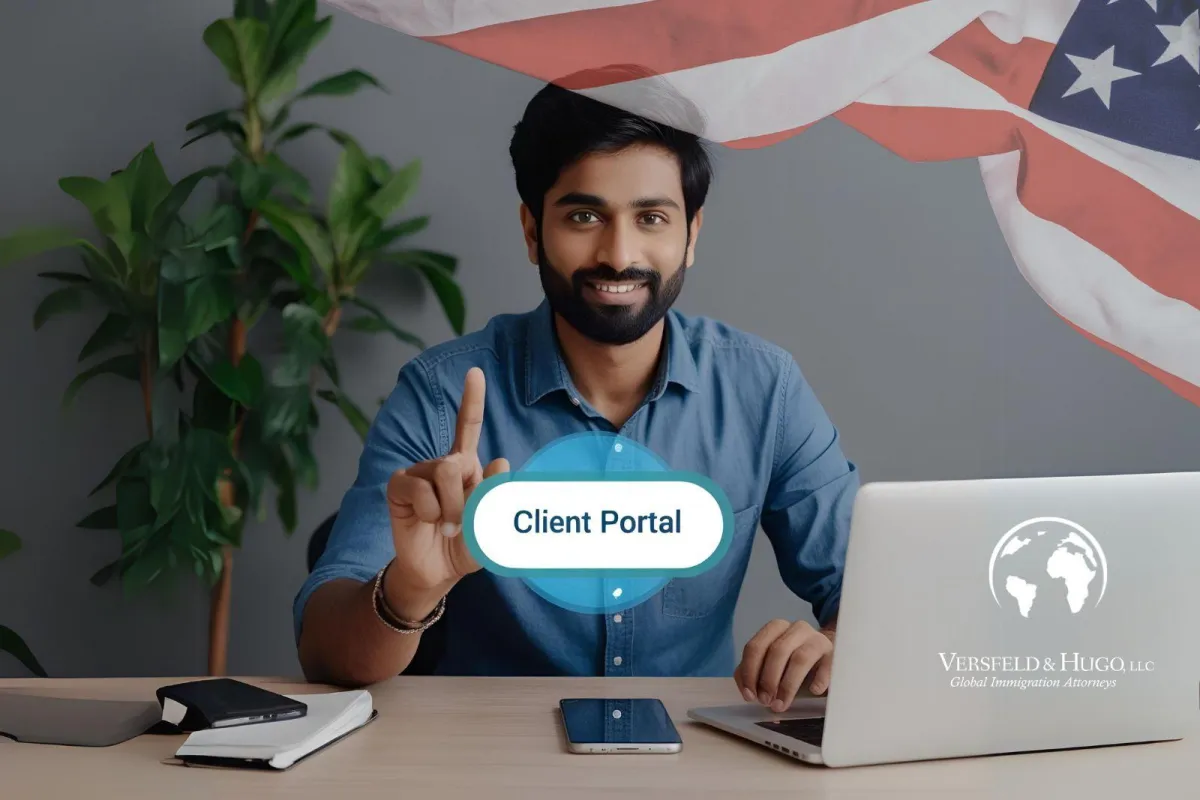H-1B Visa - Specialty Occupation
NONIMMIGRANT WORK & STUDY VISAS:
Understanding the H-1B Visa: How Versfeld & Hugo LLC Can Assist You
The H-1B visa is designed for foreign professionals who wish to work in the United States in specialty occupations. A specialty occupation generally requires the application of specialized knowledge and the attainment of a bachelor’s degree or higher in the specific field relevant to the job. In some cases, extensive experience (typically 12 years or more) in the specialty field may substitute for a degree. If you are considering applying for an H-1B visa, Versfeld & Hugo LLC is here to guide you through the process with expert legal support. Contact us today for a confidential consultation.
Key Requirements for the H-1B Visa
To qualify for an H-1B visa, applicants must meet two main requirements:
Specialty Occupation: The job must require a bachelor’s degree or higher (or equivalent experience) in a specific specialty relevant to the position. Examples of specialty occupations include roles in IT, engineering, healthcare, architecture, finance, education, and many others.
Employer Sponsorship: Applicants must have a job offer from a U.S. employer who is willing to sponsor the H-1B petition. The employer must demonstrate a need for the position and attest that the employee will be paid at least the prevailing wage for that occupation.
Versfeld & Hugo LLC has successfully assisted clients in obtaining H-1B visas across various fields, including technology, healthcare, education, design, finance, and more. Our team is equipped to handle a wide range of H-1B cases, ensuring that each application highlights the applicant’s qualifications and aligns with the visa requirements.
The H-1B Cap and Registration Process
The H-1B visa program is subject to an annual cap set by the U.S. government. Currently, the cap limits the number of H-1B visas to 85,000 per fiscal year, with 20,000 of these reserved for individuals with advanced degrees from U.S. institutions. Due to high demand, the U.S. Citizenship and Immigration Services (USCIS) conducts a random lottery to select the petitions that will be processed under the cap.
Registration Process:
Labor Condition Application (LCA): The sponsoring employer must file an LCA with the Department of Labor, certifying that they will pay the foreign worker the prevailing wage for the occupation.
H-1B Petition: Once the LCA is approved, the employer can file the H-1B petition with USCIS. The standard processing time for an H-1B petition can take several months, but premium processing is available for an additional fee, which expedites the process to 15 days.
Lottery System: Due to the high volume of applications, most H-1B petitions are subject to a lottery. The registration for the lottery typically occurs in March, with selected petitions being processed for the upcoming fiscal year.
Exemptions from the H-1B Cap
Certain H-1B petitions are exempt from the annual cap, including:
Cap-Exempt Employers: Universities, non-profit research organizations, and government research institutions are not subject to the cap.
Previously Counted Individuals: Individuals who have already been counted against the cap in previous years and who have not been outside the U.S. for more than one year.
Trade Agreements: A certain number of H-1B visas are reserved for citizens of Chile and Singapore under specific trade agreements.
How Versfeld & Hugo LLC Can Help
Applying for an H-1B visa involves navigating a complex legal landscape, including strict deadlines, detailed documentation, and adherence to evolving regulations. At Versfeld & Hugo LLC, we offer comprehensive support to ensure your H-1B petition is prepared meticulously and submitted on time. Our services include:
Expert Case Review: We conduct thorough assessments of each client’s case to identify the best approach and maximize the chances of approval.
Detailed Documentation: Our team assists in gathering and organizing all necessary documents, ensuring that every aspect of the petition is complete and accurate.
Strategic Representation: With extensive experience in immigration law, we are adept at presenting cases in a manner that clearly demonstrates the applicant’s qualifications and the employer’s need for a skilled foreign worker.
Guidance Through Cap Exemptions: If you are eligible for a cap exemption, we will guide you through the alternative pathways available for H-1B visa issuance.
Contact Versfeld & Hugo LLC for Your H-1B Visa Needs
Whether you are an employer looking to hire foreign talent or a professional seeking to work in the United States, Versfeld & Hugo LLC is here to assist you with your H-1B visa application. Our experienced attorneys are dedicated to providing personalized support, ensuring that your application process is as smooth and successful as possible.
Contact Versfeld & Hugo LLC today to schedule your confidential consultation and learn more about how we can help you navigate the H-1B visa process. Let our expertise work for you in achieving your immigration and employment goals in the United States.

© 2024 Versfeld Law. All rights reserved. | Privacy Policy | Terms and Conditions | Legal Disclaimer | Powered by DNA Super Systems

